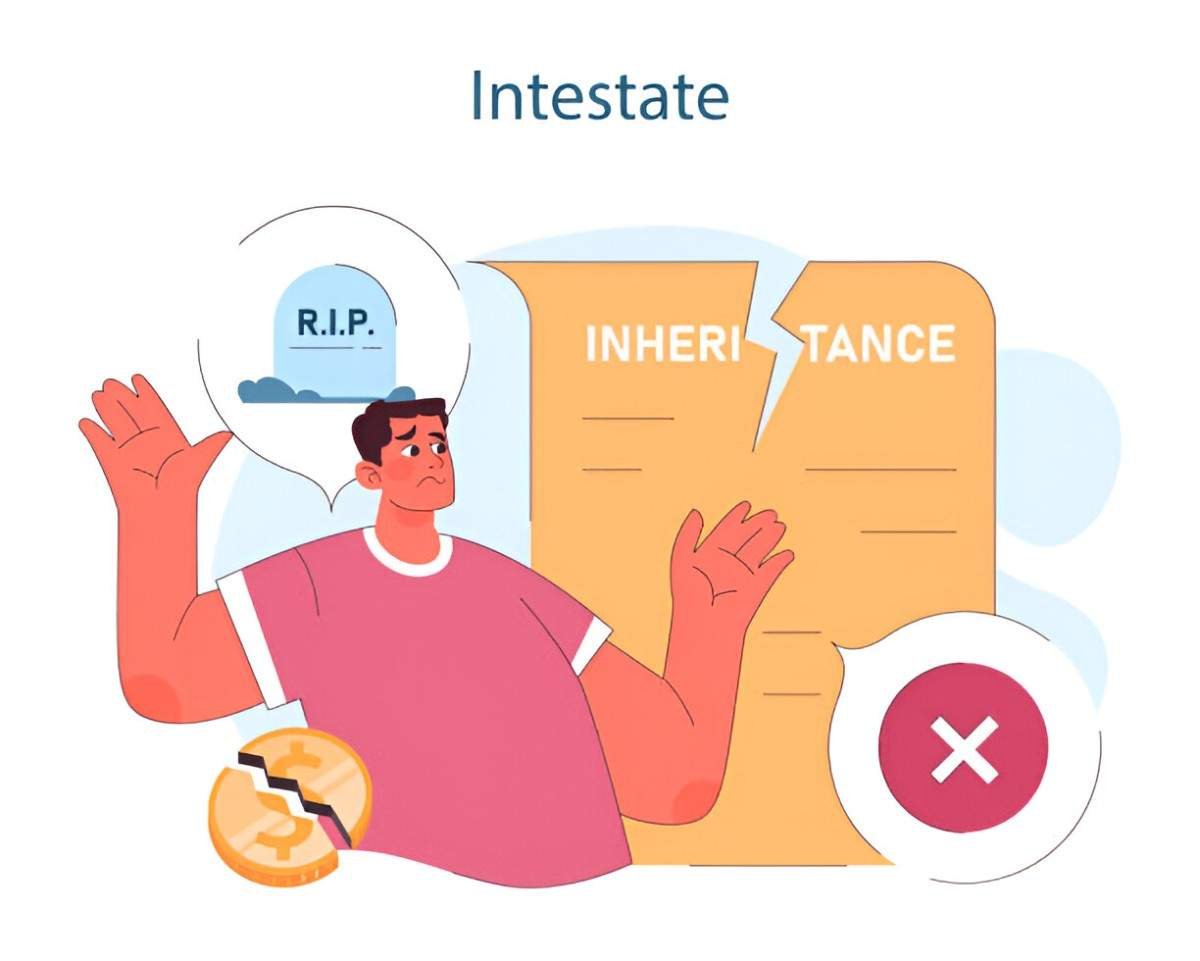As someone who has spent years navigating the complexities of estate planning, I understand how uncomfortable it can be to think about what happens after we’re gone. Yet, failing to plan can leave loved ones in legal and financial turmoil. If you die without a will—known as dying intestate—the state decides how your assets are distributed, often in ways you wouldn’t choose. In this article, I’ll break down the intestate succession process, its implications, and why having a will matters more than you think.
Table of Contents
What Does Intestate Mean?
When someone dies without a valid will, their estate undergoes intestate succession—a legal process where state laws determine asset distribution. Each U.S. state has its own intestacy laws, but they generally follow a similar hierarchy, prioritizing spouses, children, parents, and more distant relatives.
How Intestate Succession Works
The probate court appoints an administrator to oversee the estate. This person, often a close relative, handles debt repayment, taxes, and asset distribution. The court follows a predefined order of heirs, which I’ve summarized below:
Table 1: Typical Intestate Succession Hierarchy
| Priority | Heir Category | Example Distribution |
|---|---|---|
| 1 | Surviving Spouse | 100% if no children; 50% if children exist |
| 2 | Children | Equal shares if no spouse |
| 3 | Parents | Entire estate if no spouse or children |
| 4 | Siblings | Divided equally if no closer relatives |
For example, if I die without a will in California, my spouse receives all community property and a portion of separate property, while children split the remainder.
The Mathematics of Intestate Distribution
Intestate distribution follows strict formulas. Let’s say my estate is worth $500,000, and I’m survived by a spouse and two children. In Texas, the spouse gets \frac{1}{3} of the estate, and the children divide the rest:
- Spouse’s share: \frac{1}{3} \times 500,000 = 166,666.67
- Children’s share: \frac{500,000 - 166,666.67}{2} = 166,666.67 \text{ each}
Compare this to having a will, where I could allocate specific amounts or percentages.
Pitfalls of Dying Intestate
1. Unintended Beneficiaries
Without a will, distant relatives or even the state (escheatment) may inherit your assets. For instance, if I have no living relatives, my estate could go to the government.
2. No Guardianship for Minor Children
A will allows me to name guardians. Without one, the court decides—a process that can be lengthy and stressful for children.
3. Higher Probate Costs
Intestate estates often face prolonged probate, increasing legal fees. A simple will could streamline the process.
4. No Tax Planning
Intestacy ignores tax-efficient strategies, potentially leaving heirs with unnecessary tax burdens.
Real-World Scenarios
Case 1: Single with No Children
John, a single man with no children, dies intestate in New York. His $300,000 estate goes entirely to his parents. If they’re deceased, his siblings inherit equally.
Case 2: Blended Family Complications
Sarah, remarried with two children from a previous marriage, dies intestate. In Florida, her spouse gets half the estate, and her children split the other half—potentially leaving her spouse financially strained.
How to Avoid Intestacy
- Create a Will – Even a basic will ensures your wishes are followed.
- Consider a Trust – Avoids probate entirely for certain assets.
- Update Beneficiaries – Ensure retirement accounts and life insurance policies reflect current intentions.
Final Thoughts
Dying intestate leaves critical decisions to the state, often creating family disputes and financial inefficiencies. By drafting a will, I take control, providing clarity and security for my loved ones. If you haven’t yet, I urge you to consult an estate planning attorney—it’s one of the most responsible steps you can take.





